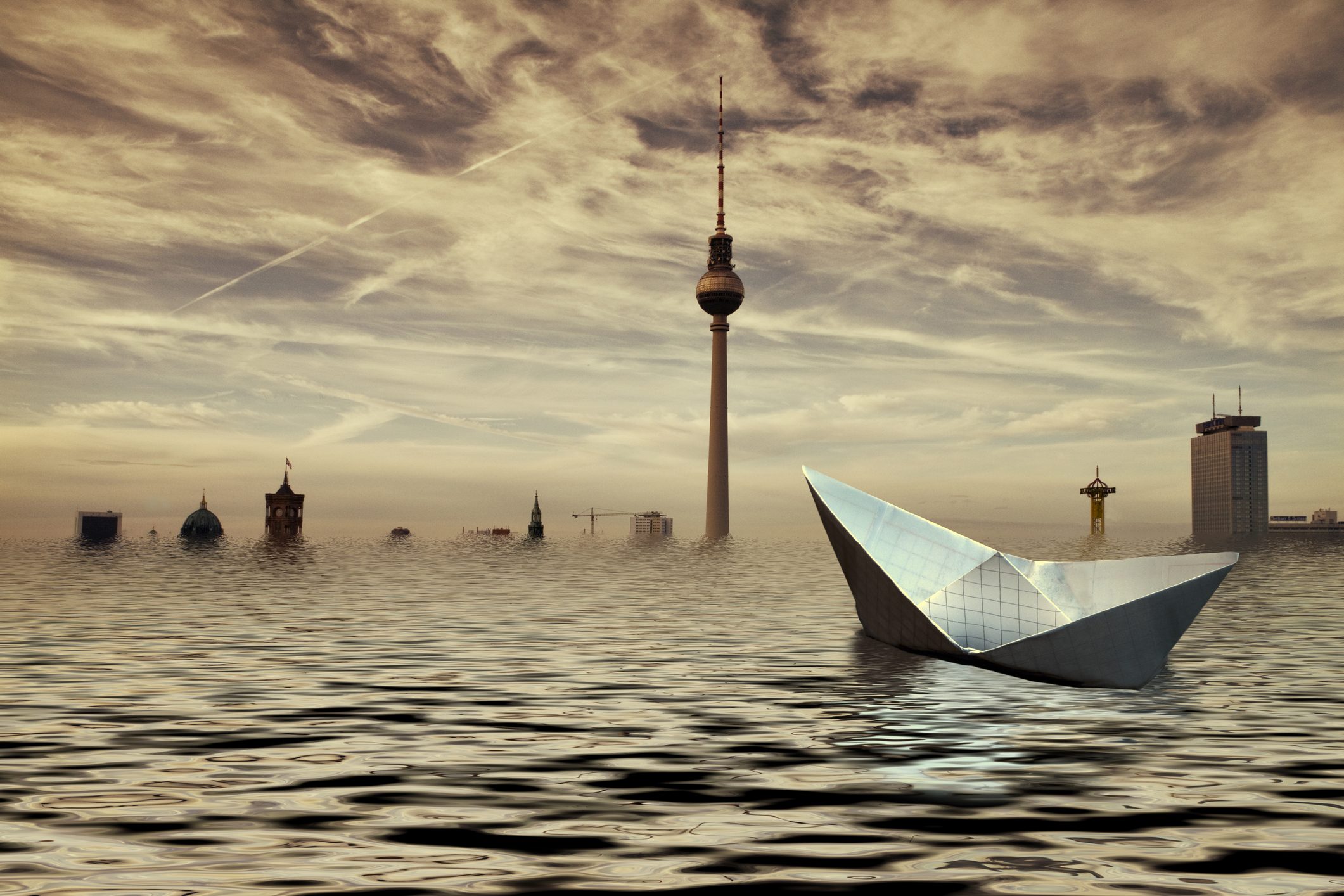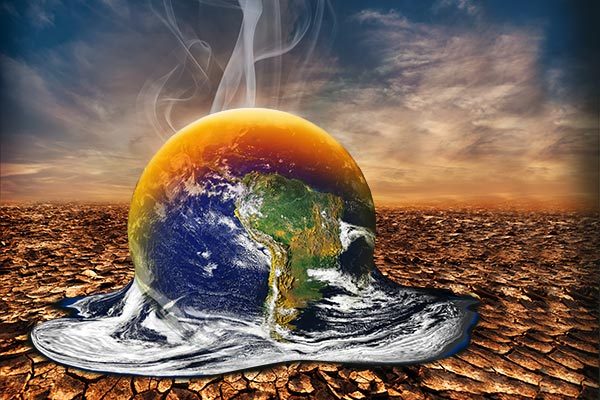The world’s oceans cover approximately 70% of the earth’s surface. They have a strong, two-way relationship with the weather and climate. The oceans influence the weather on local to global scales, while changes in climate can fundamentally alter many properties of the oceans. Unfortunately, the issue of global warming is now a major cause for concern. Scientists have discovered that oxygen levels in the oceans are fast depleting and stopping this catastrophe is the need of the hour.

Image credit – https://www.usnews.com/news/articles/2016-05-23/this-website-lets-scientists-counter-media-climate-change-claims
Oxygen depletion in the oceans is a killer
This oxygen depletion all over the world’s ocean will eventually be life-threatening, not just to marine life but humans and animals living on land too. A team of scientists from GO2NE (Global Ocean Oxygen Network) in a study, ‘Declining oxygen in the global ocean and coastal waters’, have proposed various measures to tackle the falling oxygen levels.
“Approximately half of the oxygen on Earth comes from the ocean. However, combined effects of nutrient loading and climate change are greatly increasing the number and size of dead zones in the open ocean and coastal waters,” said Vladimir Ryabinin, executive secretary of the International Oceanographic Commission that formed GO2NE.
The aim of the study is to keep oxygen levels in check, protect vulnerable marine life and improve low oxygen in water in an attempt to counter the spread of dead zones in the ocean.
Global warming and falling oxygen levels affect India
Former director of the Goa-based National Institute of Oceanography (NIO) S W A Naqvi, who is the co-author of this paper, said although the oxygen depletion is happening at a slower rate around the seas in India than in the Atlantic and Pacific oceans, areas such as the Bay of Bengal, are extremely vulnerable to even minor oxygen declines.
“Moreover, the western shelf of India houses the world’s largest shallow water low-oxygen zone that could intensify, and more such zones could develop in the Indian Ocean due to high population pressure. If this happens, it will have far-reaching economic and socio-economic ramifications,” he said.
Tackling the deoxygenation that’s happening thanks to global warming
The scientists are urging people to tackle this in different ways. They are asking that everyone adopts better sanitation systems that can protect human health and keep pollution out of the water. Also, curbing fossil fuel emissions will help cut greenhouse gases and slash dangerous air pollutants such as mercury, they said.
Furthermore, they want to create marine-protected areas or no-catch zones in locations that are used by animals to escape the deoxygenation.
The experts said close and continuous monitoring of low oxygen zones, especially in developing countries, and numerical models that will help in pinpointing the places that are most at risk would also help.
“Halting climate change requires a global effort, but even local actions can help with nutrient-driven oxygen decline,” said Denise Breitburg, lead author and marine ecologist with the Smithsonian Environmental Research Center.
If the world isn’t careful…
The way things are going, this could also affect Goa negatively, if it hasn’t already. People here rely on fishing as a major means of income. What would happen if the trawlers that go out each day are left with marine catch because there’s no oxygen in the high seas?
The scientists also said livelihoods of people may be affected as smaller, artisanal fisheries may be unable to relocate when low oxygen destroys their harvests or forces fish to move elsewhere. It may make it easier for fishing, but it could result in overfishing and damage the economy, they said.
Tourism in Goa would also take a hit since a lot of recreational activities happen at the beach. With all these things happening, it should be a given that no one wants to witness such a huge, negative impact on any of the eco-systems in the world and in this case, the oceans.
Let’s hope that in the years to come, everyone does their bit to make a change or global warming and with it, deoxygenation of the oceans will be the death of all humankind.
Information credit – Times of India article
ItsGoa/JAN/KDGP


